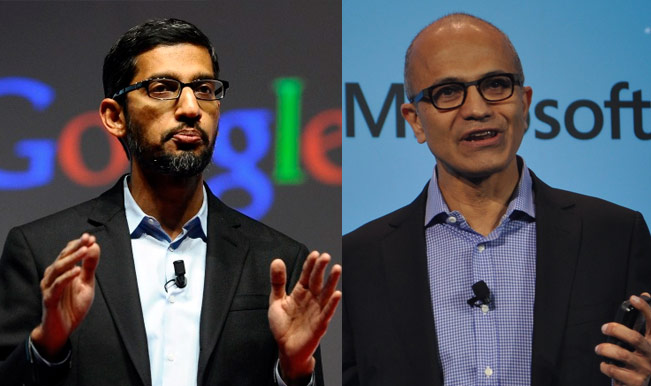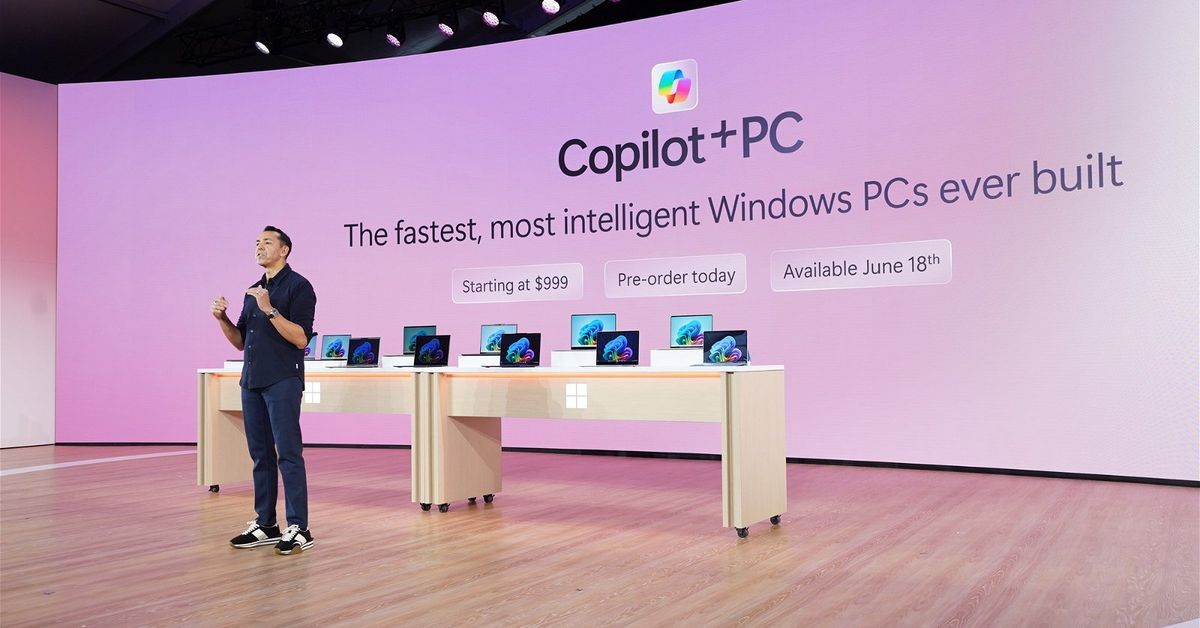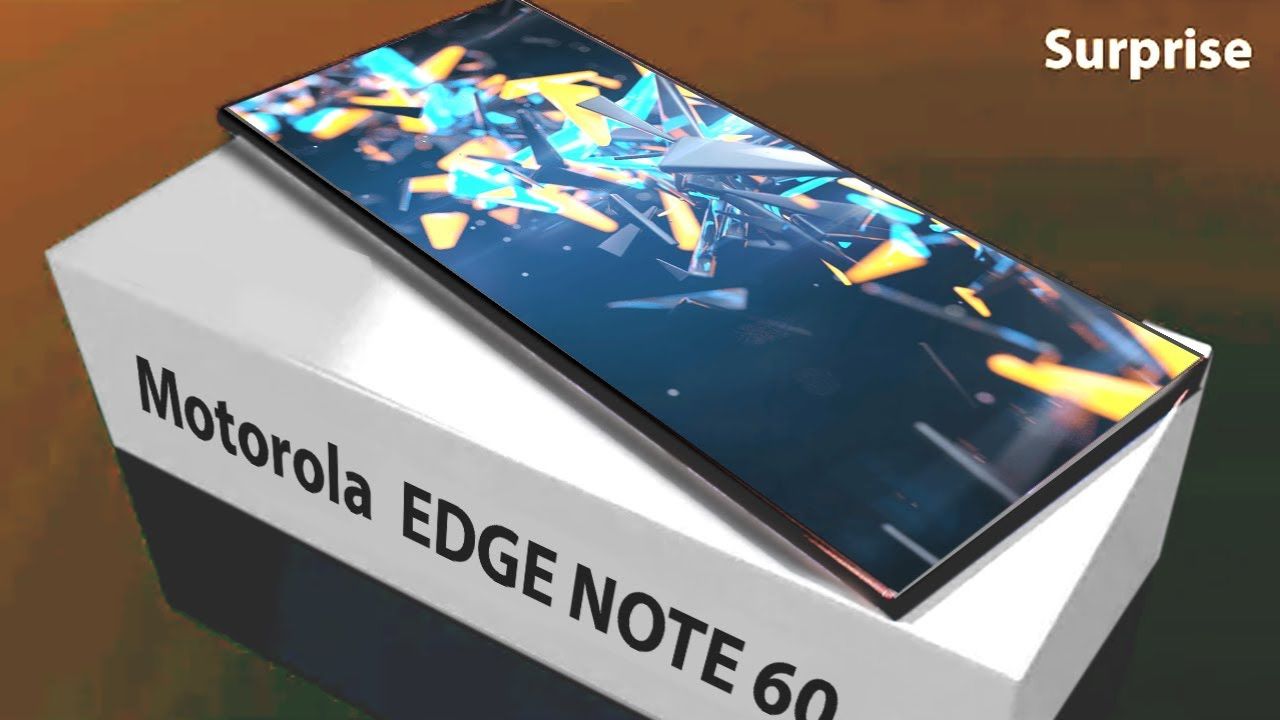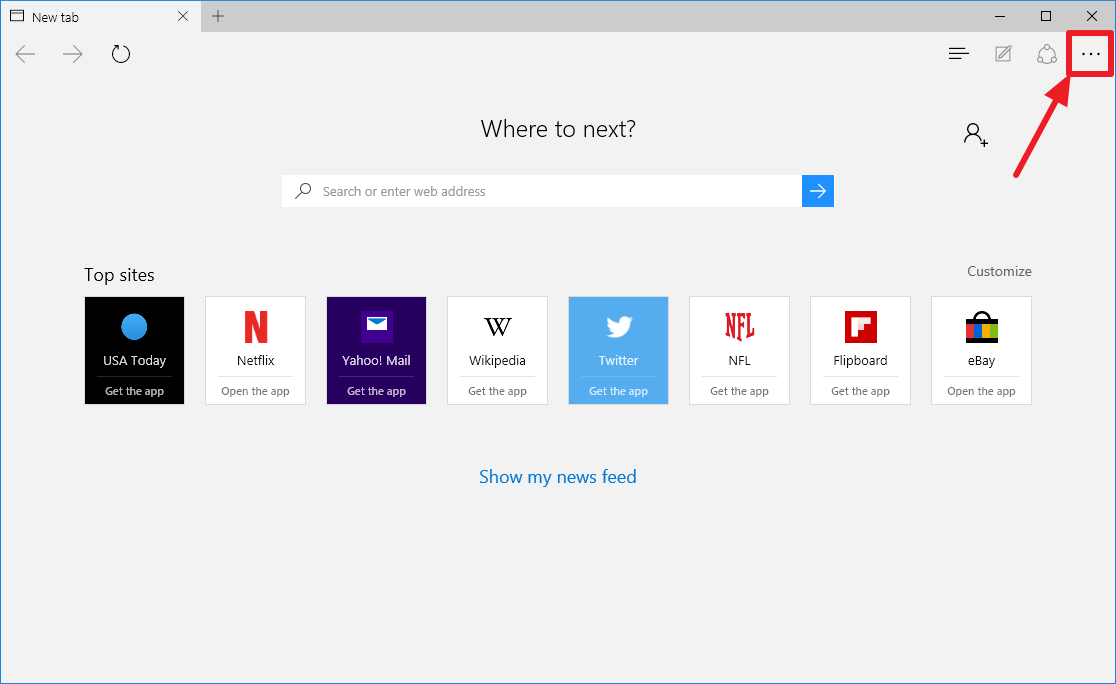


TIME magazine released the second edition of its 'TIME100 AI' list, featuring 15 Indians and people of Indian descent, including Google CEO Sundar Pichai and Microsoft CEO Satya Nadella. The list recognizes leaders, innovators, shapers, and thinkers in the field of Artificial Intelligence. Pichai discusses Google's success in AI, while Nadella is focused on achieving artificial general intelligence. Amazon's Rohit Prasad is also featured on the list, as his company works towards integrating AI into their products.
Indian Masterminds Dominating the AI Realm: TIME100 AI List Highlights
Introduction
Artificial Intelligence (AI) has taken the world by storm, transforming industries and shaping the future. Among the pioneers driving this innovation are a remarkable group of Indian leaders, thinkers, and innovators. The latest edition of TIME magazine's "TIME100 AI" list recognizes the significant contributions of 15 Indians and people of Indian descent to the field.
Key Figures on the TIME100 AI List
Indian Legacy in AI
India has a rich history of innovation in AI. In the 20th century, Indian mathematicians and computer scientists played a pivotal role in developing theoretical foundations of AI. Today, Indian AI researchers, engineers, and executives are contributing to advancements across fields such as machine learning, natural language processing, computer vision, and robotics.
Top 5 FAQs on TIME100 AI List
1. Who curates the TIME100 AI list? The list is compiled by TIME editors in consultation with experts in the field of AI.
2. What criteria are used for selection? The honorees are chosen based on their contributions to the development and practical application of AI, as well as their influence on the field.
3. Are there any other notable Indians on the list? Yes, other Indian-origin honorees include:
4. What does the inclusion of so many Indians signify? It highlights the growing prominence of Indian talent in the global AI landscape and underscores India's potential to become a major hub for AI innovation.
5. What are the future prospects for Indian AI leaders? As AI continues to reshape industries and society, Indian AI leaders are expected to play an even more significant role in shaping its future trajectory. Their expertise and insights will be crucial in addressing pressing challenges and unlocking new opportunities.

Microsoft has announced the expansion of AI features to Copilot+ PCs powered by Intel and AMD chipsets. This includes popular features such as Live Captions, Cocreator, Restyle Image, and Image Creator. The company has also added new capabilities to Voice Access for Snapdragon X series chipsets, with plans to roll it out to Intel and AMD-powered devices later this year. These updates are part of the March 2025 Windows non-security preview update, and will improve the overall user experience for Copilot+ PC users.

The long-awaited Motorola Edge 60 Fusion has finally arrived in India, boasting flagship-level features and towering performance capabilities. Available in two storage variants, the phone offers up to 12GB of RAM and 256GB of storage, with three vibrant color options. But the real standout is its impressive camera setup and powerful battery, making it a strong competitor in the mid-range flagship market. The Motorola Edge 60 Fusion comes packed with top-of-the-line features, including a stunning 6.7-inch all-curved pOLED display with a 120Hz refresh rate and Water Touch 3.0 support. It also sports a MediaTek Dimensity 7400 SoC and promises three years of Android OS upgrades. Additionally, with Moto AI features, dual stereo speakers, and Dolby Atmos support, this phone promises to enhance your overall smartphone experience.

Microsoft has taken a step towards improving the user experience of Edge browser by addressing the issue of a bloated menu. In the latest version, Edge Canary, the menu has been rearranged and features like collections, apps, and browser essentials have been moved to the "More tools" option, making the menu smaller and easier to navigate. Users can also now easily access features like Extensions and update their privacy and appearance settings. These changes aim to make the user's browsing experience smoother and more user-friendly.

OpenAI, an AI giant, has announced their latest project and is seeking feedback from developers, researchers, and the broader community. The upcoming open language model will be released in the near future, and developers will have the opportunity to attend feedback sessions and play with early prototypes. This open-weight model will allow users to modify digital neurons and could potentially change the model's associations and emphasis. OpenAI CEO, Sam Altman, stated that they have been thinking about this model for a long time and are now ready to prioritize its development with the help of the community.

Realme has released its latest budget-friendly 5G smartphone, the Realme 14 5G, with impressive features like 12GB RAM, a Snapdragon 6 Gen 4 processor, and an advanced cooling system. With its sleek design and gaming-centric features like GT Gaming Boost Mode and liquid cooling, this phone is a great choice for tech-savvy gamers. It also boasts a 6.67-inch FHD+ display with a 120Hz refresh rate and up to 512GB of storage space. Running on Realme UI 6 and equipped with a 6000mAh battery and IP ratings for durability, the Realme 14 5G offers a powerful and reliable user experience.

Imagine having a gadget that could understand and respond like a real person, with the ability to access and process vast amounts of information. Apple's co-founder, Steve Jobs, envisioned this idea back in 1983, as seen in a rare video from the Steve Jobs Archive. During the International Design Conference, Jobs spoke about the potential of revolutionary AI technology and its impact on society in the next few decades. Little did he know that his prediction would become a reality with the launch of the Macintosh in 1984 and the iPhone in 2007. This rediscovered footage provides a glimpse into Jobs' ability to foresee and shape the future of technology.

BSNL has launched a special recharge plan aimed at IPL fans, offering a whopping 251GB of high-speed data for just Rs 251. This plan is perfect for those looking to stream cricket matches without any worry of data expenses. However, users should note that the plan only offers data benefits and separate recharges are needed for calling and SMS services. This limited-time offer is available through BSNL's official website and Self Care App.

Motorola is set to release its newest smartphone, the Edge 60 Fusion, on April 2 and new leaked renders give a glimpse at what to expect. The device will come in four color options and is expected to feature MediaTek's new Dimensity 7400 chipset. These official-looking renders also highlight the color-matched frame, camera placement, and curved display.

Prime Minister Narendra Modi has recently joined the viral trend of AI-generated Studio Ghibli-style portraits, thanks to ChatGPT's latest update. MyGov India shared a series of animated pictures of PM Modi, portraying him in various key moments and activities. With the heavy demand for the Ghibli-style image-generator, ChatGPT's GPUs are facing "rate limits" and causing "melting."

The Gurugram Commissioner of Police, Vikas Arora, launched a new initiative to gather feedback from visitors to the police stations in the district. The program involves installing QR codes at all the police stations, which can be scanned by visitors to share their feedback and suggestions digitally. This unique system will help in assessing the performance of each police station and improving their functioning.